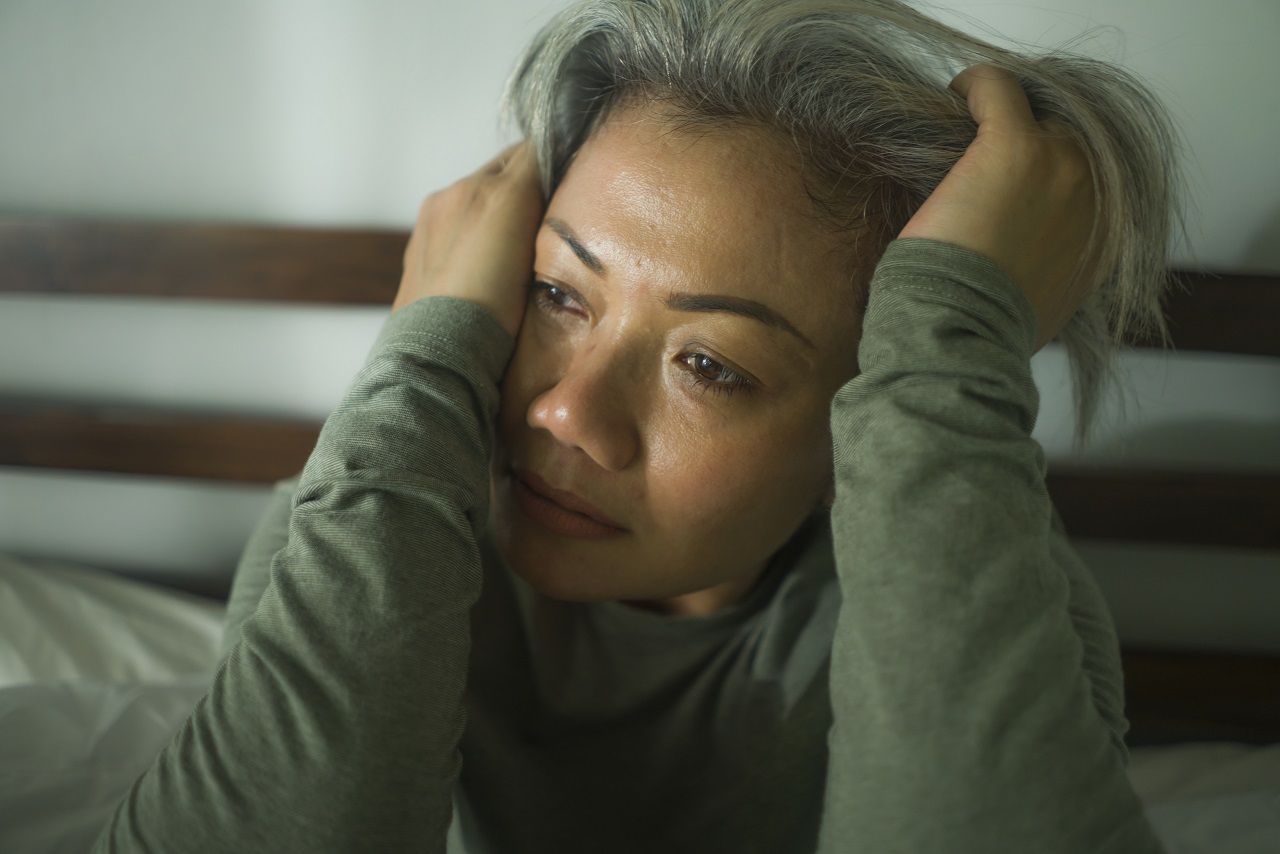Substance Abuse In Middle-Aged Women: Things You Need To Know

Introduction
Addiction does not see men and women.
It considers both of them as human beings.
Although there is a misconception that usually addiction issues can be witnessed only among young men. However, CDC or Centers for Disease Control has reported that the fastest-growing part of people struggling with addiction is middle-aged women.
In most cases, women of the age range of 30-64 end up becoming victims of substance abuse. Since 1999, the number of deaths due to an overdose of any substance abuse has quadrupled.
If any of your loved ones are suffering from substance abuse, the only way to take her out of the addiction space is to enroll her in a proper drug rehab center. But before opting for a rehab center, it is best to get some basic knowledge about substance abuse in middle-aged women.
Here in this article, we will guide you with the necessary information you need to know about substance abuse in middle-aged women. Let’s start the discussion with the most common types of substance abuse that can be seen among middle-aged women.

Common Substance Abuse In Middle-Aged Women
When a woman becomes more than 30 years old, the individual starts to witness a lot of things, and also, their lives change a lot. Addiction to substance abuse in middle-aged women can take several forms. Here in this article, we are going to talk about the most common substance abuse.
1: Alcohol
We all know about the legality of drinking alcohol after one reaches the age range of 21 years or more than that. Almost every type of gathering and event encourages the whole consuming alcohol thing.
It is also seen as a way of coping with stress. The “wine mom” culture encourages middle-aged women to see a glass of wine at the end of the day as the most deserving treat. The problem arises when “just one glass” turns into a bottle.
2: Benzodiazepines
Have you heard the term “Mother’s Little Helper?”
It was a big hit during 1966 as a song from the Rolling stones.
Valium is most popularly described as that. So, there is no wonder why benzodiazepines still hold a high appeal to all those women who are struggling with anxiety issues.
You might not know that this particular drug is not at all intended for daily use on a long-term basis and also becomes addictive.
3: Opioid
Middle-aged women usually experience immense pain due to fibromyalgia, arthritis, and several other chronic conditions. However, opioids also come with a higher potential for abuse.
When women start mixing opioids with alcohol, some severe form of problems can occur. That is why middle-aged women are more exposed to opioid abuse.
4: Heroin
In case a woman ends up developing a severe addiction to opioid painkillers, she is also exposed to struggle with obtaining enough pills from the same doctor shopping or black-market purchasing.
In order to get the same high, the individual might turn to heroin, and we all are quite aware of the addiction tendency of this particular substance.
Factors, Which Contribute To Addiction
When it comes to developing substance abuse, there is no single reason for that. Addiction is not a bad habit; it is indeed a biologically-based health condition, which has a number of environmental triggers.
When it comes to developing substance abuse in middle-aged women, the following are the most common and effective factors.
Factor 1: Parenting Issues
The whole world might be promoting gender equality. Still, when it comes to a woman, most of the parents treat them differently and also expect different things from them. Due to some parenting issues, women end up developing addiction towards a particular substance.
Factor 2: Unhappy Marriage
Our society mostly expects a woman as a nurturer and caretaker, which means, when it comes to marital stress, women are most exposed to them. Apart from that, an unhappy marriage also leads to substance abuse.
Factor 3: Work-Related Issues
Women need to handle the home and the world altogether. When they are already having a lot of responsibilities at their home, it becomes a little more difficult to cope with work or job-related issues.
As a quick escape, they take the assistance of different substances and become addicted.
Factor 4: Insecurities About Body Image
Women are objectified in our society. They have to be the most beautiful creature all the time. Middle age is the time when a woman’s body undergoes a lot of changes.
As per them, some of these changes make them look ugly. They become more concerned about their beauty, and it becomes difficult for them. To deal with all these, they develop an addiction.

Effects Of Substance Abuse
Any type of addiction or substance abuse in middle-aged women are more prone to develop gradually. That is why the signs of a severe problem could be subtle in the initial days.
Women, who mostly feel pride in their multi-tasking skills, can hide their problems from their dearest ones.
However, with every passing day, the problems caused by alcohol or drugs will become too serious to ignore. Here are the effects of substance abuse in middle-aged women.
- Risky sexual encounters, such as extramarital affairs.
- Problems with work performance.
- Stress in relationships with children.
- Stress in a relationship with a romantic partner or spouse.
- Financial issues related to using the money for alcohol or drugs instead of paying all the usual bills.
- Physical issues, like nausea, weight changes, headaches, or fatigue.
- Legal issues, for example, complaints of child neglect or a charge for driving under the influence.
Ignoring all these signs of addiction or substance abuse might lead to a potentially fatal overdose.
With time, when tolerance to an abused substance develops, it becomes really easy for an individual to accidentally take more substance than the body can actually handle.
Get Help, Get Back Sober Life!
The only way to become sober and return back to normal life is taking some professional help. Substance abuse is a health condition, and in order to get rid of that, an individual always needs proper treatment and medical care.










